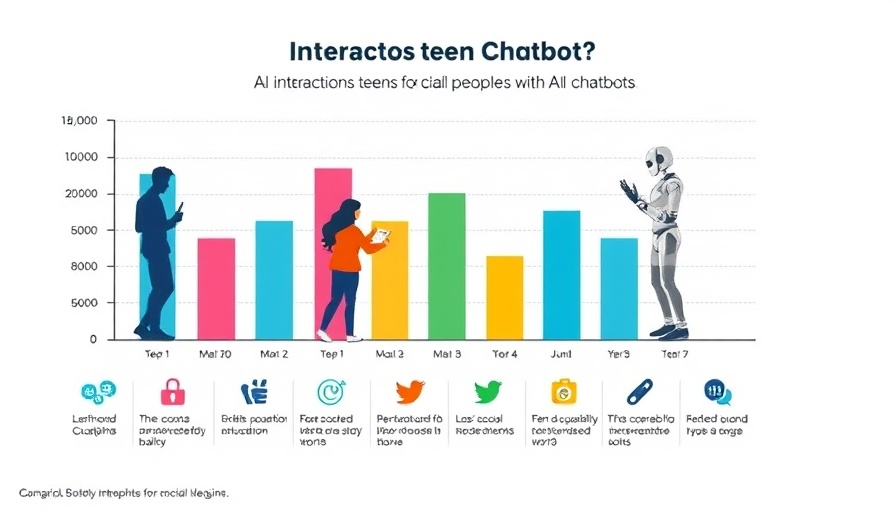
Understanding Hidden Unhappiness in Men
Unhappiness, especially when concealed, can significantly affect personal and professional lives. Men might not always recognize the silent battles they face, which can manifest in subtle yet impactful ways. It's crucial to recognize these signs not only to foster understanding but to create pathways for support and healing. We explore seven behaviors that can indicate deeper emotional struggles and highlight the importance of awareness in promoting emotional wellness.
The Masks We Wear: Recognizing Anger as a Sign
One of the most common behaviors exhibited by men dealing with unhappiness is unexplained anger. This is not just a momentary lapse; it’s a pattern that can indicate something much deeper. When men frequently snap over petty issues, it’s often a reflection of their inability to articulate their distress. It’s essential to encourage men to identify and acknowledge these feelings, turning what may seem like a character flaw into a conversation starter about their mental health. This recognition can allow them to seek help and cultivate healthier coping mechanisms.
Passions Fade: The Loss of Interest
Another telling sign of deep-seated unhappiness is the loss of interest in activities that once brought joy. For example, consider a man who once thrived on hiking or playing music, suddenly grappling with a lack of enthusiasm for these pursuits. This shift is more than just a benign change of hobbies; it’s a crucial signal for self-exploration. Understanding this loss can motivate men to reassess their emotional health and seek fulfillment in new or previously enjoyed activities.
Isolation: The Urge to Withdraw
Social withdrawal is another behavior that frequently goes unnoticed. Men might gradually pull away from friends and family, isolating themselves even further. This tendency isn't merely about seeking solitude; it can signal a struggle with self-worth and connection. Encouraging open dialogues about feelings can bridge this gap, highlighting the importance of community and support systems in combating loneliness and promoting happiness.
Self-Criticism: The Inner Dialogue
Deep unhappiness often breeds an unforgiving inner dialogue. Men may find themselves bluntly criticizing their decisions and capabilities, leading to a toxic mindset that undermines their self-esteem. Acknowledging this inner critic can empower men to shift their perspectives towards more self-compassionate thoughts and constructive feedback. These positive changes in self-perception can be pivotal in improving overall emotional health.
Seeking Control: Perfectionism and Its Pitfalls
The desire for control can also hint at underlying dissatisfaction. When men adopt perfectionistic tendencies, the pressure they impose can be counterproductive, exacerbating feelings of hopelessness. It’s essential to address these behaviors and recognize that striving for perfection often leads to disappointment. Embracing imperfection, and viewing setbacks as learning opportunities can lead to a healthier, more balanced approach to achievements.
Excessive Defensiveness: A Wall Against Vulnerability
Men may become defensive in conversations about their feelings, perceiving inquiries as threats rather than signs of care. This defensiveness can hinder open conversations and impede personal growth. It's vital to nurture environments where vulnerability is encouraged, allowing men to engage with their emotions without fear of judgment.
Conclusion: The Path to Awareness and Support
Recognizing these behaviors in men is crucial for fostering dialogues around mental health, and it’s an essential first step toward opening up about personal struggles. Understanding that these behaviors often stem from hidden unhappiness can empower loved ones to facilitate supportive environments conducive to growth and healing. If you or someone you know exhibits these signs, consider reaching out for support. Fostering emotional intelligence isn’t merely a personal journey but a collective responsibility that can lead to more fulfilling lives.
Call to Action: Connect with others and foster conversations about emotional well-being in your community today!
 Add Row
Add Row  Add
Add 




Write A Comment